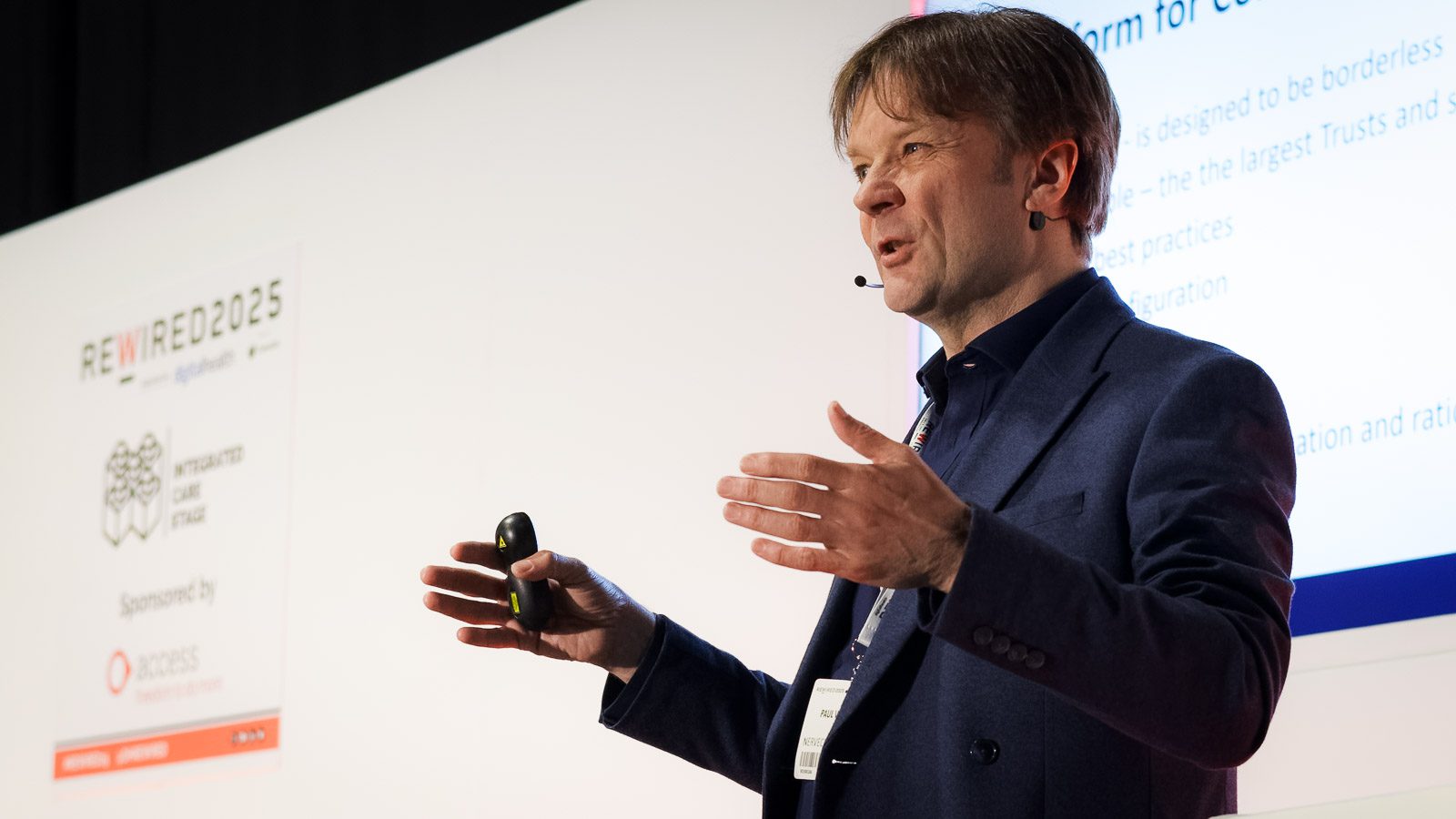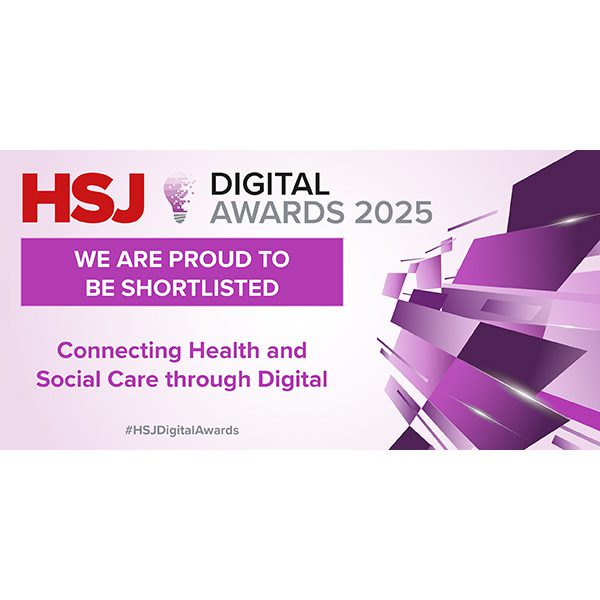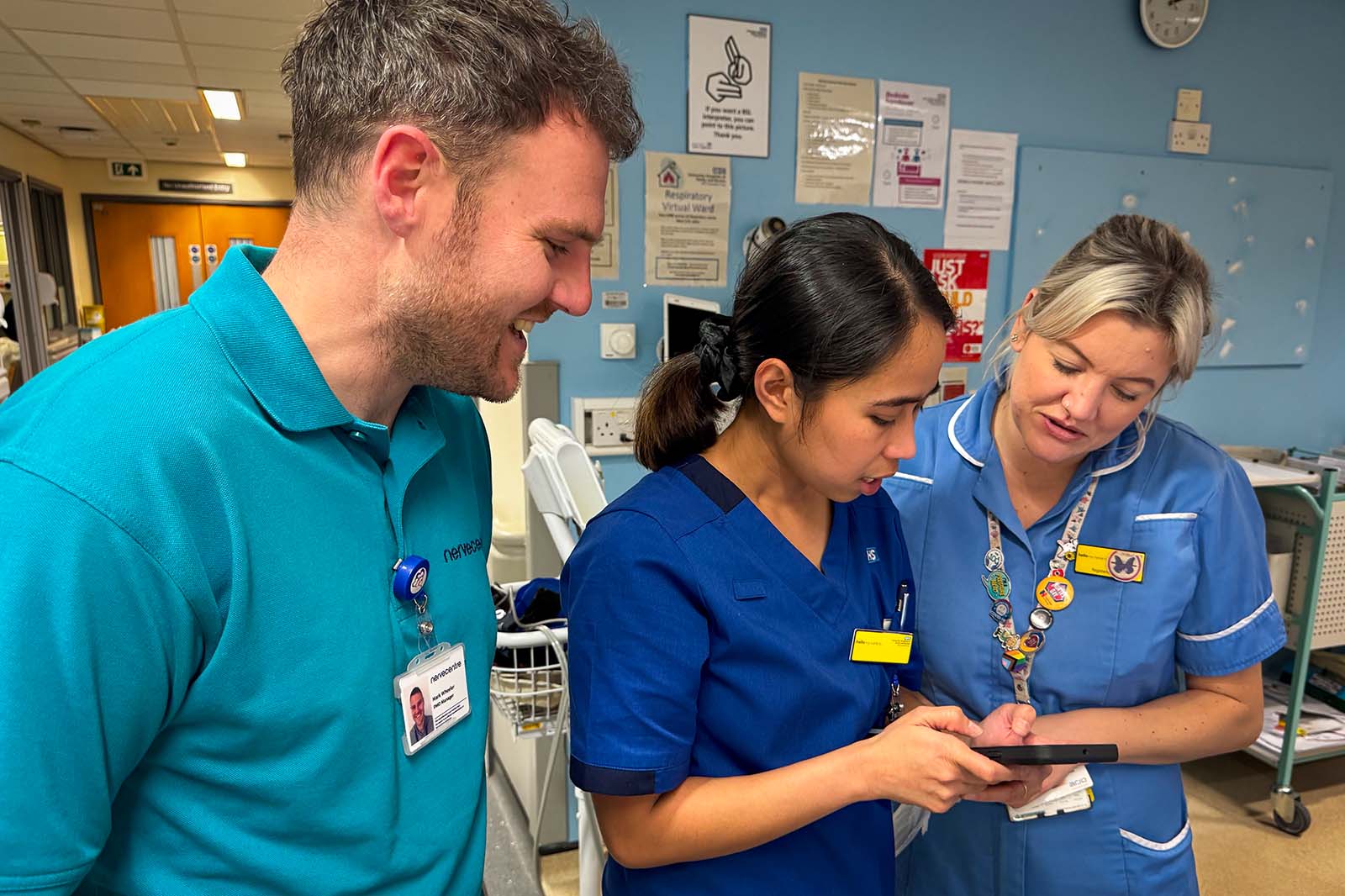University Hospitals Plymouth NHS Trust is preparing to use modern technology from Nervecentre to progress the digitisation of its Emergency Department (ED) at Derriford Hospital. It’s the largest hospital in the southwest peninsula and specialises in severe injuries, strokes, heart attacks and neurosurgery. Over 100,000 people attend its ED every year.
The trust will benefit from the ED and Patient Safety modules that form part of Nervecentre’s next-generation EPR platform. All nursing and medical documentation, including triage, clerking, reviews and discharge summaries will be digital and instantly update the clinical overviews. As people make decisions, they will be visible to the whole clinical team and operational managers without looking for paper notes. This digitisation will increase the safety and the efficiency of the department.
ED staff will triage patients consistently on arrival using an integrated electronic assessment in Nervecentre that’s built around the Manchester Triage System (MTS) clinical framework to manage flow safely and prioritise care.
As the trust deploys Nervecentre, it will introduce mobile working to its ED. The department’s care team will capture clinical notes and observations on phones. This information will be instantly available, creating a continually updating, real-time view of the department and its patients. The current information available for each patient will include early warning scores, presenting complaints and diagnosis, and the latest management plan.
Mobile working will enable the automation of time-critical workflows in the trust’s Emergency Department, such as screening for sepsis. Nervecentre’s software will constantly review the data from multiple information sources and alert the nurse in charge when it detects that a patient may have sepsis to reduce the delay between steps in the screening and treatment process.
Nervecentre carefully designs its software to be intuitive and easy to use under pressure on mobile devices and desktops. A study that looked at the usability of electronic health record systems in UK EDs suggests that good usability can benefit a hospital’s clinical, patient flow, and financial functions. It may actively prevent patient harm too by enforcing clinical safety systems. The study includes median system usability scores for each system. Nervecentre ranks in top place.
Paul McArdle, Deputy Medical Director and SRO for the ED and Patient Safety modules, said:
“I feel a real sense of anticipation amongst staff who have been looking forward to taking this step forward in our digital capability, making the hospital a safer place for patients. It will enhance the visibility of patients, particularly for those experiencing deterioration, create escalations, and enable staff to complete their jobs supported by the digital environment. It is a big step forward on our digital journey and forms an important part of our first-year ambition in our recently launched 5-year patient safety strategy.”
Nanette Bothma, CMIO and Clinical Lead for the Nervecentre ED project, said:
“The excitement of staff counting down the days to go live is palpable in the Emergency Department. Staff are looking forward to using a modern, agile, and bespoke configured digital system in their Emergency Department, embarking on using handheld devices, recording observations and clinical noting electronically for the very first time. It will change how we practice significantly, but we are ready for the advantages that digital clinical working will bring to our processes, efficiencies and most importantly improving patient safety.”
Nervecentre CEO, Paul Volkaerts, said:
“We’re seeing a real appetite for digitising healthcare as trusts look to progress their digital maturity. We’re delighted to be working closely with the project team at Plymouth to make sure the go-live in their ED is a success, and I look forward to hearing how our modern technology helps them provide safe, efficient, and effective care for their patients.”
Nervecentre’s EPR platform is at the heart of many NHS trust digital transformation strategies. It is built using modern SaaS and cloud technologies, which enables real-time data-driven care. Clinicians in over 100 hospitals depend upon Nervecentre software, and two of the six largest acute hospitals in England use Nervecentre to run their hospitals.






